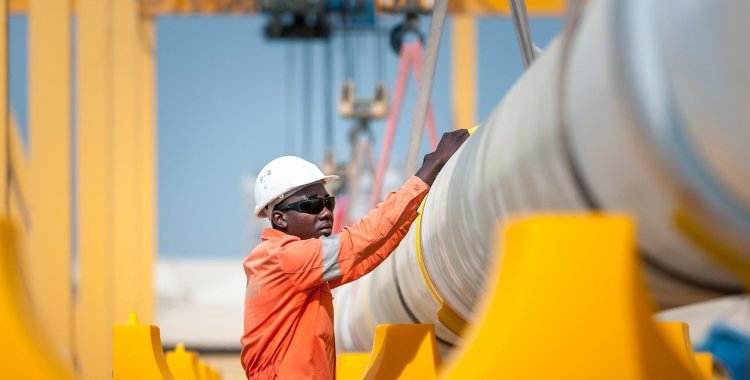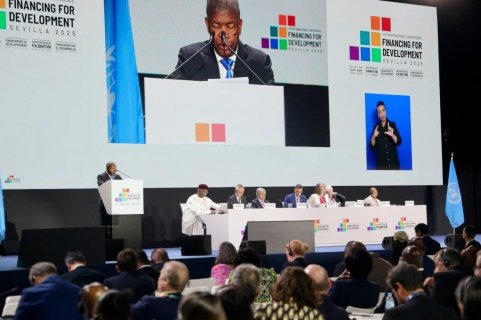"In the absence of new projects and in a high-risk investment environment, we anticipate that production will fall to less than one million barrels per day in 2029," the consultants write in an analysis of the Angolan oil sector.
In the document, sent to investors and to which Lusa had access, these analysts of the consultant owned by the same owners of the financial rating agency Fitch Ratings write that "beyond the cuts decreed by the Organization of Petroleum Exporting Countries (OPEC) and the decrease in short-term spending, the Angolan ultra-protectionist system will continue to drive investors away.
Fitch Solutions acknowledges, however, that reforms have been implemented to streamline the sector and improve the attractiveness of the industry, but notes that despite this "Angola remains a high-risk market" and notes that this is reflected in the Risk and Reward Index, "in which the country continues to underperform its peers in risk metrics".
The sector development plan between 2020 and 2025, approved by the government at the end of last year, is seen as positive by analysts, allowing "a slight improvement in forecasts for oil and gas exploration and production in Angola, but due to foreseeable delays, any new projects resulting from this increase in exploration fall short of Fitch Solutions' 10-year forecasts.
For this year, the consultant anticipates that Angola, which occupies the rotating presidency of OPEC, "fully complies" with the cuts decreed by the organization and partners, allowing, even so, an increase of 2 percent in production, to 1.32 million barrels per day this year.
"This level still marks a better value than the production levels registered in 2020, when production should have fallen 7.5 per cent", they add.
For next year, the consultants forecast is a slight improvement of 4.2 per cent in production, to 1.38 million barrels per day, from which the scenario of Fitch Solutions points to a drop from that year.
"The low price environment in the industry, which began even before the fall of oil and the pandemic, led companies to cut investment, and Total, for example, announced cuts of 3.3 billion dollars, while BP cut investment by 25 percent," they recall, pointing out that, "as Angola is a high-risk market, it is unlikely that these companies will significantly accelerate investment in the country in coming years.







